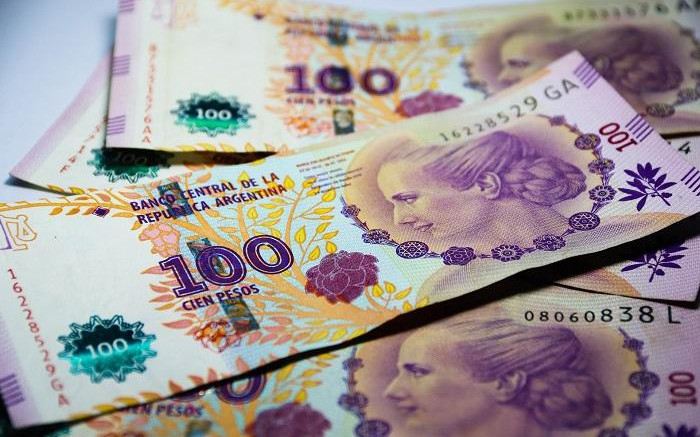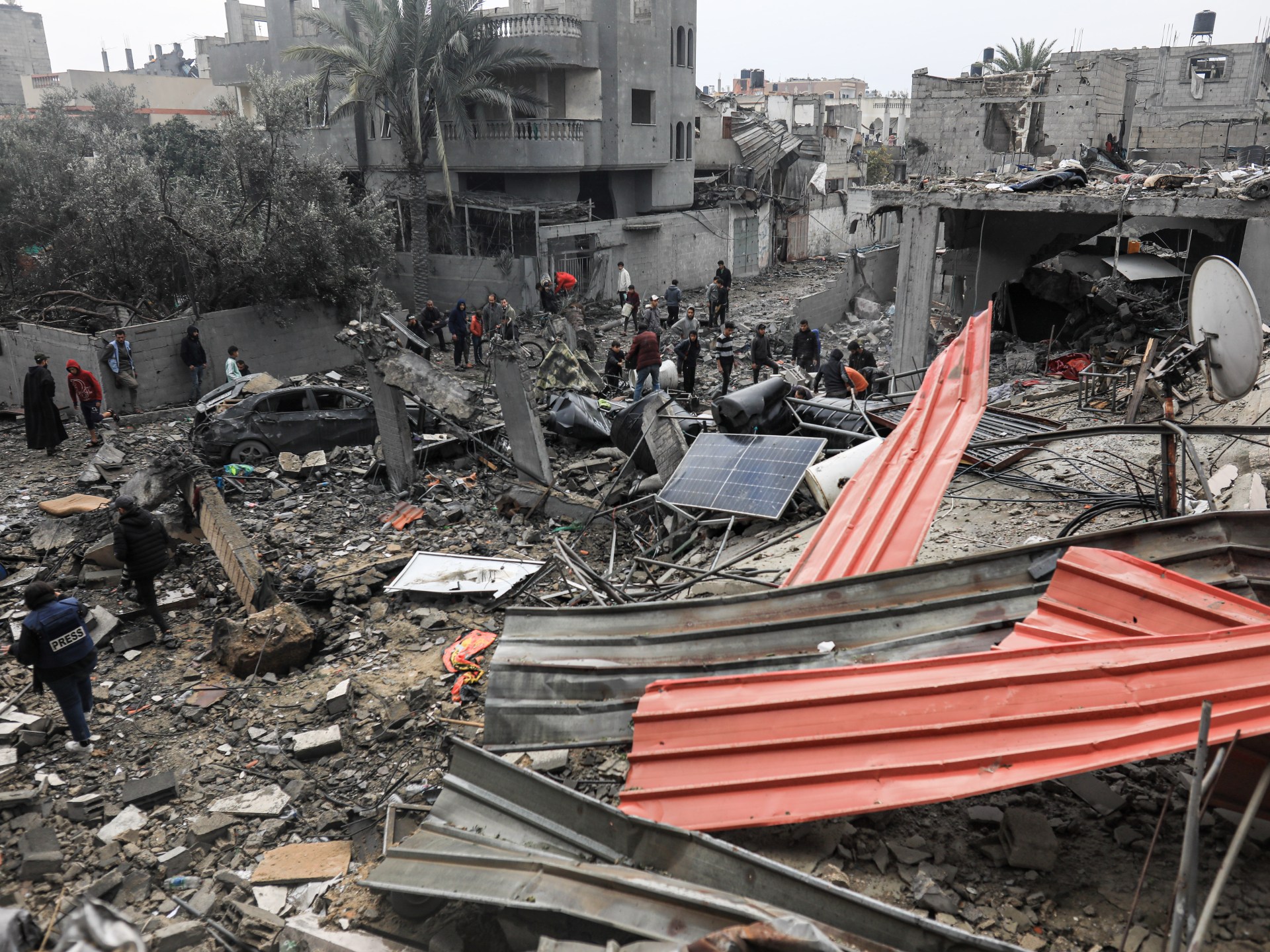
The government of President Javier Milei, a libertarian who rose to the top from nowhere on a promise to cut spending on chainsaws, also announced cuts to generous government subsidies and a halt to all new public construction projects.
FILE: The annual inflation rate in Latin America’s third-largest economy is currently 140% and the poverty rate is 40%. Image: Luis X from Pixabay
BUENOS AIRES, Argentina (AP) — Argentina devalued its currency by more than 50% on Tuesday as part of a series of “shock measures” to revive a crumbling economy and combat triple-digit inflation.
The government of President Javier Milei, a libertarian who rose to the top from nowhere on a promise to cut spending on chainsaws, also announced cuts to generous government subsidies and a halt to all new public construction projects.
In a prerecorded video message, Economy Minister Luis Caputo took pains to explain to Argentines the causes of their decades-long recurring economic crises, debt, inflation and budget deficits.
In Latin America’s third largest economy, the annual inflation rate is currently 140% and the poverty rate is 40%.
The state coffers are also empty, and Milei has repeatedly said: “There is no money.”
Caputo said the country is “addicted” to spending more than it earns and has run a budget deficit in 113 of the last 123 years.
“If we continue as we are, we are inevitably heading towards hyperinflation,” Caputo said, adding that the government would tackle the problem “at the root” for the first time.
This is happening “precisely so that we no longer have to suffer these consequences, so that we do not have to suffer more inflation, so that we do not have to suffer more poverty,” said Caputo.
The International Monetary Fund (IMF), to which Argentina owes $44 billion, welcomed the measures.
“These bold initial measures aim to significantly improve public finances to protect the most vulnerable in society and strengthen the foreign exchange system,” the IMF said in a statement.
“Inflation will get worse”
Caputo announced that the exchange rate would fall to 800 pesos per dollar from around 391 in recent days, a devaluation of just over 50%.
The Argentine government has for years tightly controlled the peso-dollar exchange rate, which analysts have derided as an expensive fiction.
There was no immediate mention of lifting controls that have spawned a proliferation of dollar exchanges and a thriving black market where the dollar was at times selling for three times the official rate.
“The devaluation was much, much stronger than I think most people expected,” said Nicolas Saldias, a senior analyst at the Economist Intelligence Unit, adding that it would have a “significant impact on inflation.”
Milei and his government have reinforced the message that inflation and the overall economic situation will get significantly worse before they get better.
“We will live in poverty and the situation will become much more difficult,” said 57-year-old teacher Gabriel Alvarez in response to the announcements.
Caputo also announced a cut in generous government subsidies for fuel and transportation, so that bus tickets will now cost just a few cents, without saying how much.
He said politicians have long supported the subsidies to “trick people into thinking they are putting money in their pockets. But as all Argentines have already realized, these subsidies are not free, but are paid for with inflation.”
“THERE IS NO MONEY”
Other spending cuts he announced include a one-year suspension of all government advertising, which he said would have cost 34 billion pesos in 2023.
In addition, “the state will no longer tender new public works and cancel approved tenders whose development has not yet begun.”
“The reality is that there is no money to finance further public works, which, as all Argentines know, often end up in the pockets of politicians or businessmen in service.”
He said infrastructure projects would be carried out by the private sector in the future.
Another measure would be to cancel the extension of public employment contracts that are less than a year old.
Milei has already cut nine ministries, which would result in the loss of 34% of all political jobs, according to Caputo.
However, in keeping with his promise to maintain the welfare of the poorest, his government increased the child benefit and the ration card by 50%.
Saldias said this was “a really clear signal of how severe the inflation crisis is going to be.”
Argentines continue to suffer from hyperinflation of up to 3,000% in 1989/1990 and a dramatic economic implosion in 2001.






Recent Comments